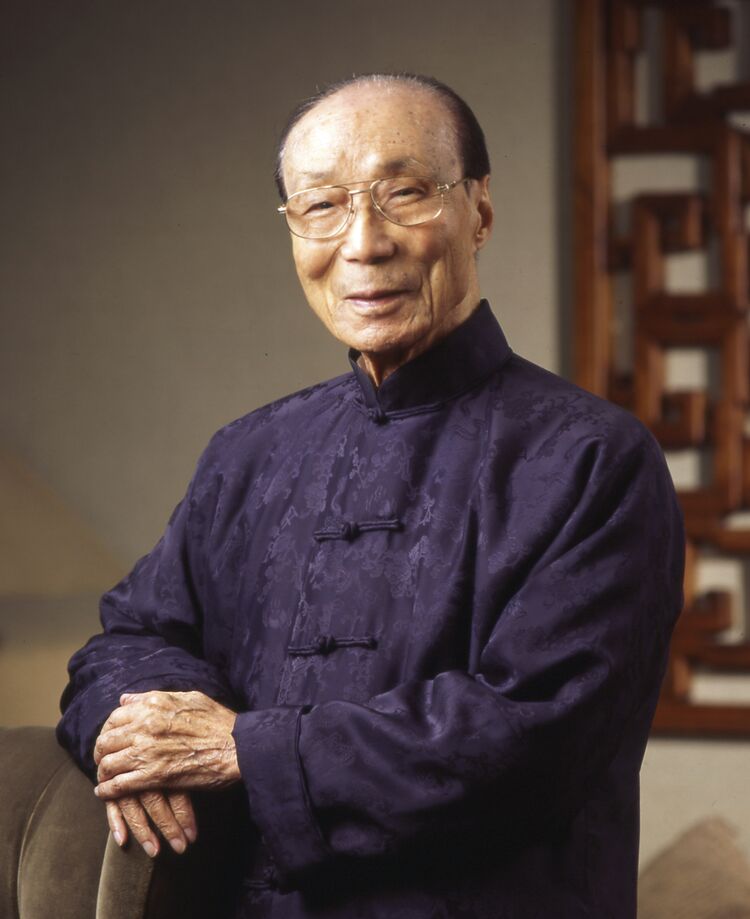A media mogul and renowned philanthropist, Sir Run Run Shaw passed away at home on Tuesday morning.
In his lifetime he co-founded a television company, ran the prolific and influential Shaw Brothers company that dominated Chinese and south east Asian cinema, and went on to become one of mainland China's most loved philanthropists, donating $774m to education and schools.
Shaw's studio produced over 1,000 titles and pioneered the kung-fu films that helped to redefine and popularise the genre in the west.
He influenced Ang Lee's Oscar-winning Crouching Tiger, Hidden Dragon, and Quentin Tarantino has credited Shaw Brothers films as a major influence, especially on Kill Bill.
In 2003, he told the Los Angeles Daily News: "For a year, I'd watch one old Shaw Brothers movie a day – if not three."
Born in 1907 in Ningbo, Zhejiang province of China, Shaw was the sixth child in a wealthy family.
He started out helping his elder brothers Runje, Runde and Runme set up an entertainment studio in Shanghai in 1925. The brothers later moved into Hong Kong, establishing the Shaw Brothers film studio in the city in 1958.
The kung-fu classic The One-armed Swordsman (see video above) was one of the Shaw Brothers' breakthrough hits, and the studio also pioneered so-called "Wu Xia" or sword-play genre films, featuring frenetic fight scenes with mixed weapons.
In 1967 he co-founded TVB with his brother Runme and stood as executive chairman for 30 years, overseeing its rise to become Hong Kong's premier television station. He did not retire until he was 104.
TVB Executive Chairman Norman Leung said: "Thanks to his wise leadership, TVB has its status today after 46 years."
Shaw also invested in a number of co-productions, most notably the 1982 Ridley Scott classic, Blade Runner, starring Harrison Ford.
Despite his famed business acumen and huge influence on the kung-fu genre, Shaw will also be remembered as the man who spurned Bruce Lee. The young actor approached Shaw in the 1960s, but was turned away and went on to achieve phenomenal success with Shaw's rival Raymond Chow in his breakthrough film The Big Boss in 1971.
In 1980, Shaw focused on television, becoming the chairman of TVB. But the tycoon also ran the so-called Shaw prizes, sometimes known as Asia's answer to the Nobel prizes, which rewards excellence in maths, astronomy and science, with a monetary prize of $1m for each laureate.
He was knighted in 1977 and received the Grand Bauhinia Medal from the Hong Kong government in 1998.
Shaw's first wife died in 1987. He is survived by his second wife, Mona Fong, two sons and two daughters.
"Although we knew this day will come, no words can adequately express our sorrow and lessen our sense of a profound loss," TVB said in a statement. "He will be sadly missed by all of us in TVB."


